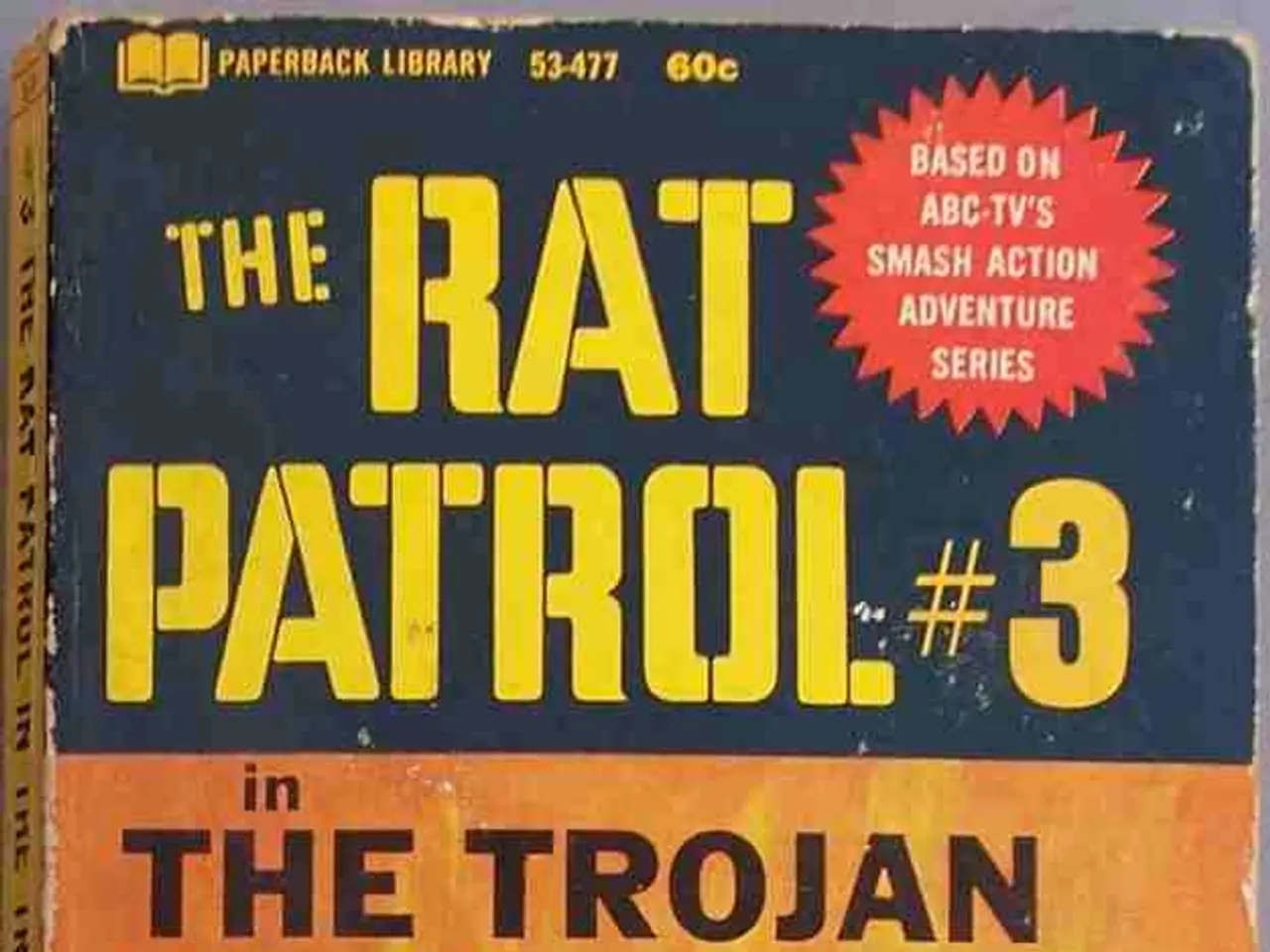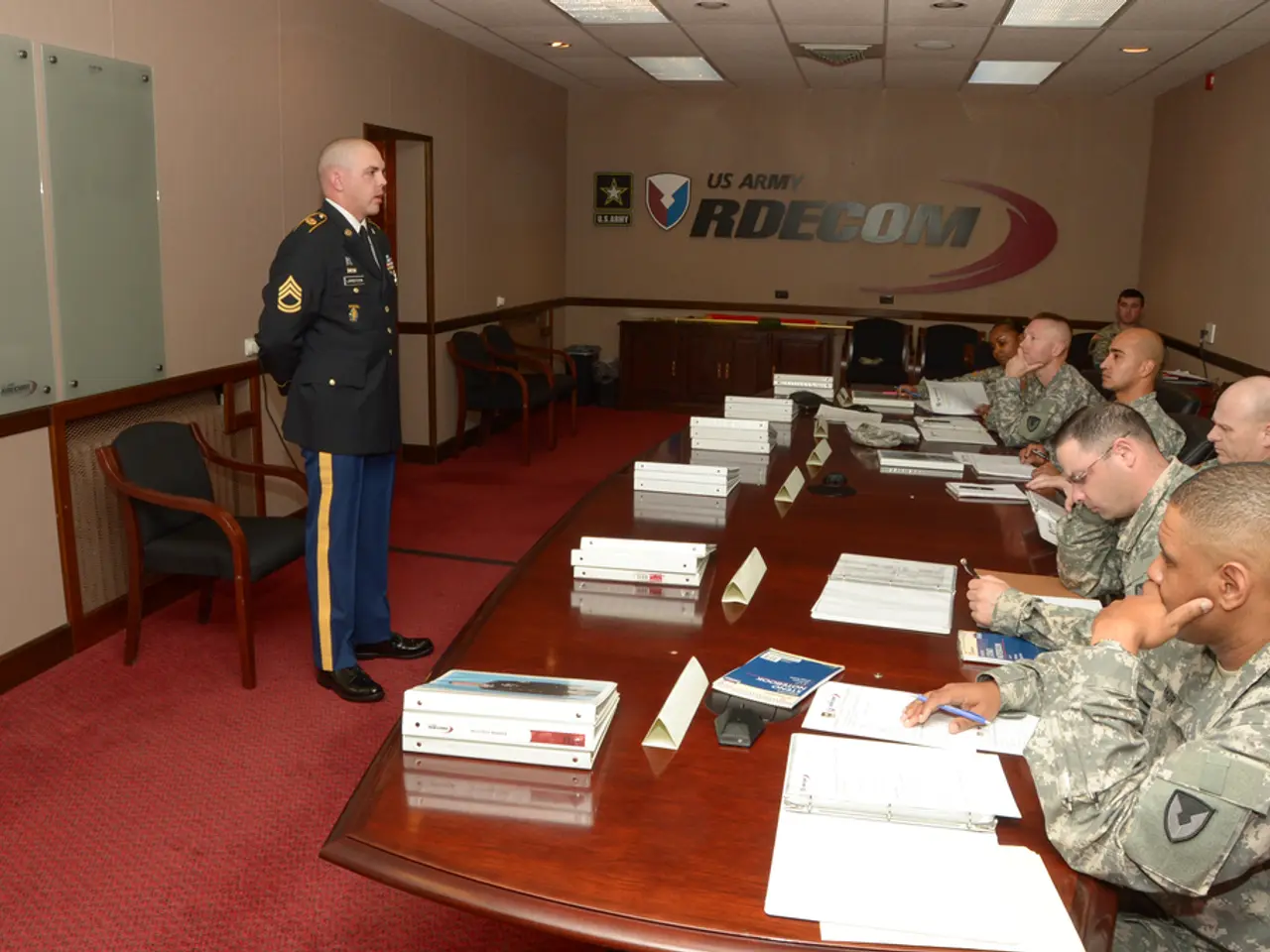NATO Summit in The Hague: "Stupendous Triumph!" Trump Congratulates — Sparks Discord with Media
At the NATO summit in The Hague, President Trump declared a groundbreaking agreement: member states vowed to boost their defense spending to 5% of GDP by 2035. Trump trumpets himself as the mastermind behind this decision, underscoring the urgency of a fair burden distribution. However, Trump's stance on NATO's cornerstone Article 5 remains shrouded in uncertainty, casting a shadow over the alliance.
NATO chief Mark Rutte acclaims Trump's influence and underlines the significance of this defense spending goal for collective security. The historic agreement comes at a time when conversations about evolving security threats are at the forefront, including Russia's controversial moves in Ukraine and concerns about potential aggression by Russia within the next five years.
Given the controversy, Trump stresses the financial impact of this commitment, dubbing it the "Hague defense commitment," and alleging it will add $1 trillion annually to military spending. He insists this is a monumental victory for the U.S., which had shoulder-ed a disproportionate share of the defense burden. But Trump rhythmically echoes his "America First" mantra, advocating for the spending to bolster military hardware, preferably American-made, rather than bureaucracy.
Although publicly upholding the mutual defense pledge, Trump's affinity for Article 5 appears to be a mixed bag. While he champions NATO's commitments, his past rhetoric and focus on shared responsibilities and America’s best interests create a flicker of ambiguity in the U.S.'s steadfast commitment. This ambiguity fuels internal NATO debates about the dependability of American security guarantees and pressures on European members to beef up their defense budgets.
During the summit, Trump also engaged on the contentious Russia-Ukraine situation, suggesting Russian President Putin could assist in negotiating settlements. This transactional approach to diplomacy complicates alliance unity and highlights the impact of U.S. domestic politics on NATO policies and the perception of American reliability.
In essence, while the U.S. adamantly upholds NATO's Article 5 during Trump's tenure, the persistent ambiguity in Trump's posturing raises questions about the full extent and conditions of America's future commitment to NATO[1][2].
Other nations applaud Trump's influence on NATO's policy-and-legislation, particularly the defense spending commitment in the Hague, viewing it as a critical step towards addressing war-and-conflicts. This general-news topic has sparked debates within NATO on the dependability of American security guarantees, with Trump's stance on Article 5 remaining a point of contention.







